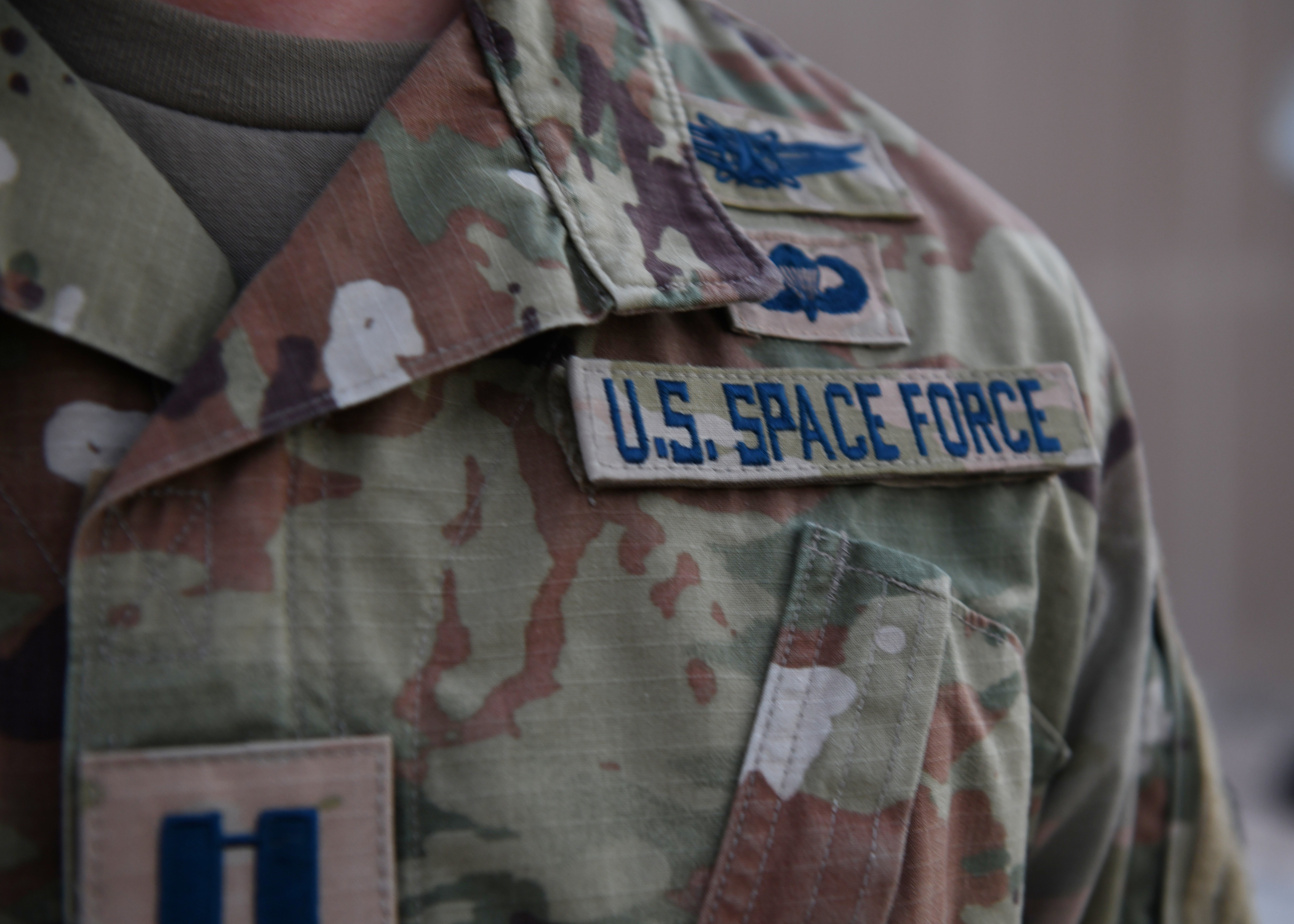US Space Force will create ‘augmented humans’ for ‘unimaginable’ military strategies, chief scientist says
Virtual and augmented reality, as well as ‘nerve stimulation’, will be used to better train soldiers

The US Space Force’s chief scientist has said that “human augmentation” is “imperative” in order for it to maintain military dominance.
‘In the last century, Western civilization transformed from an industrial-based society to an information-based society, but today we’re on the brink of a new age: the age of human augmentation,’ said Dr Joel Mozer, during an event at the Airforce Research Laboratory.
“‘In our business of national defense, it’s imperative that we embrace this new age, lest we fall behind our strategic competitors.”
There will be “unimaginable” advances made over the next decade in areas including artificial intelligence, that would make the military able to strategise tactics that “no human could”. Eventually “autonomous” programs will advise commanders in real time, Dr Mozer also said. The Independent has reached out to the armed service to confirm these quotes.
Commanders and decision makers will have multiple autonomous agents at their disposal, each able to control reconnaissance, fire control, or attack. Human augmentation, meanwhile, will eventually develop into technologies including augmented and virtual reality, as well as “nerve stimulation” to better simulate physical sensations.
“You could put [an] individual into a state of flow, where learning is optimized and retention is maximized,” Dr Mozer said. “This individual could be shaped into somebody with very high-performing potential.”
The UK, along with the US, has also predicted that future warfare will be conducted by a hybrid of robotic and human activities.
“Whilst it is envisaged that humans will continue to be central to the decision-making process, conflicts fought increasingly by robots or autonomous systems could change the very nature of warfare, as there will be less emphasis on emotions, passion and chance”, a 2018 Ministry of Defence report states.
It also examined the possibility of “human enhancement”, including “gene editing, physical and cognitive prosthesis and pharmaceutical enhancement”, which could offer “profound expansion of the boundaries of human performance” and “the application of these technologies and the integration of human and machine on the battlefield present opportunities to enhance military capability”.
There is already a tight relationship between humans and machines in military conflicts. The concept of a “feedback loop” was developed during the Second World War, and in the years since “smart bombs” and drone strikes have become more common.
Such breakthroughs require a moral framework. “The business of UCAV [drone] operators is to kill”, says philosopher and cultural critic Laurie Calhoun. Humans could simply serve as an “ethical cover” for what is a mechanical job, in case events do not go as the officers – be they man or machine – intend.
Join our commenting forum
Join thought-provoking conversations, follow other Independent readers and see their replies
Comments
Bookmark popover
Removed from bookmarks